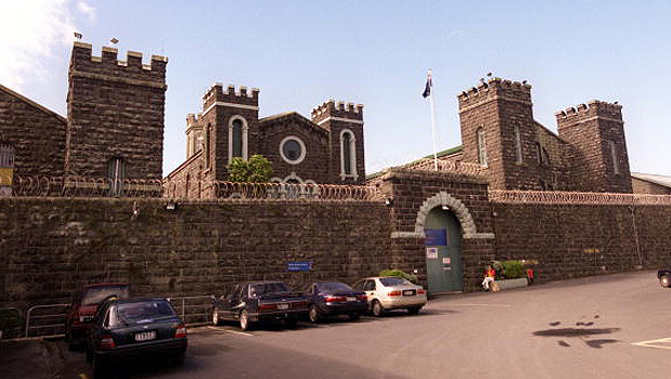
By Soumya Bhamidipati of RNZ
Some offenders are having to go to prison because they do not live in an area where there is a good enough signal for electronic monitoring.
The Corrections Department could not say how often this happens but has recently signed a $180 million contract for new equipment, which it says will improve coverage so fewer people are disadvantaged.
At the moment, there are about 5800 people serving electronically-monitored community sentences or orders, including 1600 people who are on electronically-monitored bail.
Human rights lawyer Michael Bott said he had had clients who could not be tracked this way because of where they live.
"There are cases, for example, with people that I've had as clients in rural areas or on extreme parts of the East Coast where they are unable to serve their sentence amongst their whānau - which is also a protective factor - simply because there's a lack of signal strength."
Corrections said the decision was not always about signal coverage. The victim might live close by, there could be no access to rehabilitation programmes or no one willing to have the person stay with them.
Australian researcher Dr Marietta Martinovic has studied electronic monitoring and said New Zealand's use of it is the highest in the Western world.
Martinovic, who also worked as a community Corrections officer, said it was a better option than prison.
She said while GPS equipment could not reach some areas, radio signals should be able to cover these.
"If one's not working the other one picks up," Martinovic said.
"I do think that is a problem, if people are denied basically being released out in the community on the technology simply on the basis of not living in an area that has access to technology."
Martinovic is hopeful Corrections' new equipment, which uses both types of signal, will solve some of these problems but the Department could not say if it meant more people will be monitored instead of going to prison.
A 2017 report by advocacy organisation JustSpeak found there was a wide range of accommodation unsuited to electronic bail, including apartments, caravans and tents.
Chairman Jordan Anderson said not enough had changed in the last four years.
However, she said the millions spent on electronic monitoring would be better spent on rehabilitation and reintegration programmes.
"There's huge amount of investment in this technology for surveillance and if we were able to relocate some of that money and reinvest it at the other end, we'd be able to fund community support services," Anderson said.
"Communities are the people that are best placed to know how to support their own."
The Parole Board said it was working with Corrections to understand the new technology and did not yet know whether more people would be eligible for electronically-monitored parole.
- RNZ
Take your Radio, Podcasts and Music with you









